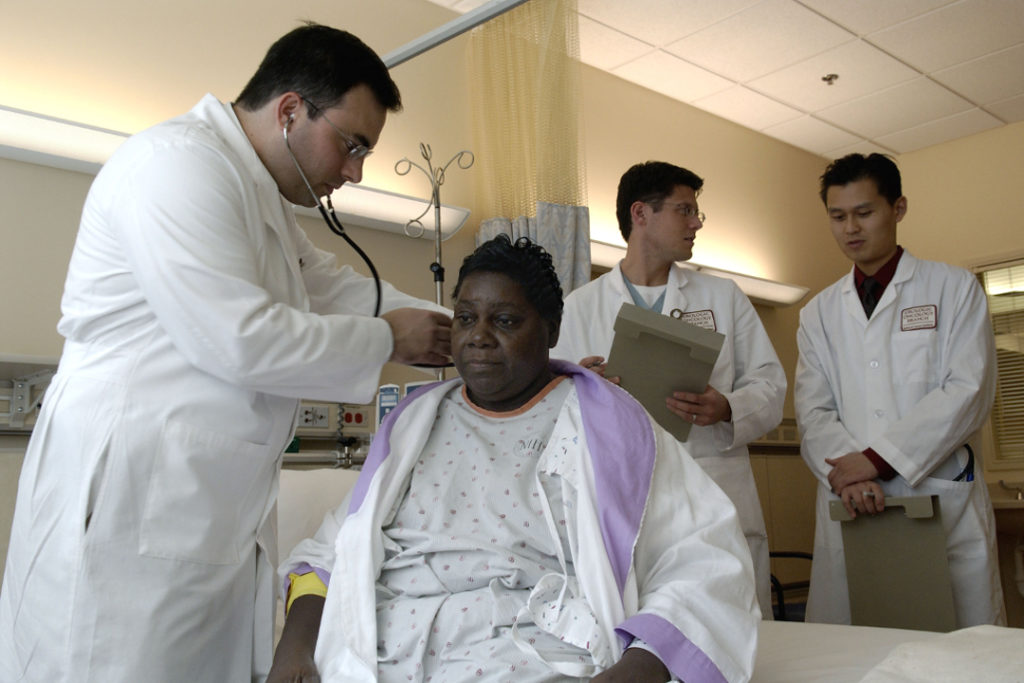 “Doctor see what your medicine has done, I read it on google, how can you advice such medication? I will never recommend anyone to get the treatment from you”.
These are a very common scenario which we doctor have to face quite often. I would like to put up some facts to decrease the above conflict between the patient and doctor and improve the doctor-patient relationship.
“Doctor see what your medicine has done, I read it on google, how can you advice such medication? I will never recommend anyone to get the treatment from you”.
These are a very common scenario which we doctor have to face quite often. I would like to put up some facts to decrease the above conflict between the patient and doctor and improve the doctor-patient relationship.
- Yes, there is no medicine without side effect, not even water. Intensity might vary and we choose medication according to disease and its stage. We titrate “is a gain to worth than those side effects”.
- Always remember and be proactive in conveying all the details of your medication one has been taking or had taken to doctors. As there can be a medication which might be add on or may decrease the efficacy of the already taken medication.
- I often ask people “do you have any medicine allergies or have you ever got allergies(rashes breathlessness, dizziness) from any medicines in the past. The answer I often get is “I never take medicines, I don’t usually go to the doctor or I hate medicine”. Such replies distract and deviate a doctor. Please reply appropriately.
- Every person has a different and unique body and response to medications might vary person to person. So one should consult treating doctor at earliest rather than visiting another if you have any doubt or complications.
- Allergies and the side effect of medication are two different entities. Symptoms of allergies are rashes, dizziness, breathlessness, body swelling etc whereas symptoms of side effects are diarrhea, acidity, constipation, drowsiness etc. We need to stop the medication if we see any symptoms of allergies, but in case of side effect, we can add on medication or food changes to minimize the side effect and continue the treatment.
- Mr. Google is a two-way sword. The authenticity of information cannot be 100% accurate. Experience and knowledge of treating doctors are from a practical source which he/she achieves by treating patients, experienced doctor cum teaches and referring medical books over the years.
- Trust, faith, communication, and follow-up helps a doctor to decide the effectiveness of the treatment of that disease and can help improve doctor-patient relationship. New symptoms might appear which needs to be followed up and looked after.
- Earlier patients used to appear with classical symptoms of the disease but now most of the patient comes with self-medication which hides most of the symptoms of the disease or infection like fever, headache, body ache. It is a great diagnostic challenge when symptoms are suppressed due to self-medication to assess the cause accurately. At times lab or imaging might be required to confirm diagnosis which again is a challenge due to untrust on part of patients. Eg:- Dengue patient who is already on combiflam/paracetamol might not appear with classical severe intensity of a headache and body ache
- it is very important to take medication as per guidelines eg:- with food or before food, the quantity of water intake, food to be avoided or taken etc.
Dr. Shweta Kumar (MBBS, PGDFM) is a General and Family physician work as a health consultant in IT companies and a self-practitioner. She believes in health management through holistic, spiritual, psychological approach and self-awareness.